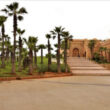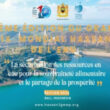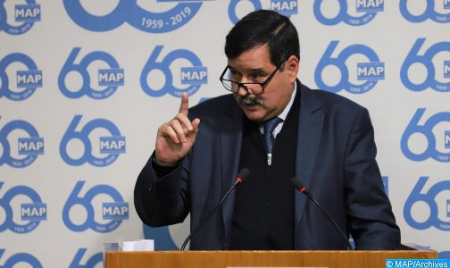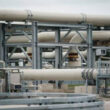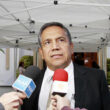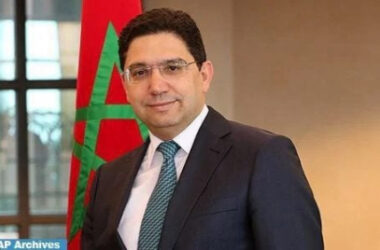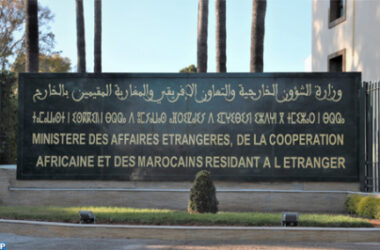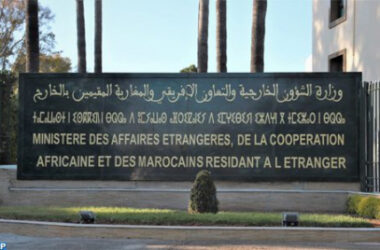“Morocco has worked on the development of the southern provinces soon after their recovery, consolidating this approach by designing and implementing a development model for these provinces because the Moroccanness of the Sahara is a historical truth and an irrefutable fact,” he said in a statement to MAP.
He noted that the evocation by HM the King of this development model, launched by the Sovereign in 2015 ”reflects the good governance of a state that does not exclude any of its regions”.
”A large-scale development model in view of the budget allocated to it, 77 billion dirhams, and whose implementation is ensured by all national and local stakeholders and elected councils,” he stressed.
Talaâ Saoud Al Atlassi noted, in this regard, that “the development boom in the southern provinces is of the same breath in the whole Kingdom since their development is part of a vast national project,” wanting to illustrate the mega strategic project Dakhla Atlantic, one of the largest in Africa.
He also underlined that the Royal Speech refers to the immense achievements in the southern provinces, among others, in terms of the promotion of the Hassani culture, socio-economic infrastructure or the Tangier-Dakhla highway via Tiznit.
He added that HM King Mohammed VI has once again referred to the sector of investment, which, in his eyes, illustrates “the major role of investment in supporting the development model of the southern provinces”.
He stressed, in this context, that “the Royal Speech is very reassuring on the development process in the southern provinces as it is on the consolidation of international legality,” indicating that “the latest resolution of the UN Security Council is now a reference on the conflict over the Moroccan Sahara in that it considers the Moroccan autonomy proposal as a pragmatic solution and the only possible negotiation alternative for a peaceful settlement of this conflict that has lasted for decades”.
He pointed out that “HM the King did not mention possible developments on the Sahara issue since this conflict is now the sole responsibility of the United Nations which relies on the Security Council resolutions based on the Moroccan autonomy proposal. Although, he added, “the Moroccanness of the Sahara is not dependent on an international resolution because it is a historical truth and a geographical reality”.
He affirmed that the Royal Speech is a message to the international community to say that this autonomy proposal was not in 2007 a simple political maneuver as evidenced by the vast projects launched in the southern provinces.
“It is a sign of confidence in international legality concerned with the legitimate right of Morocco and also a way of saying that the interest given to the Moroccan provinces is not conditioned by a blessing from the international community since it is the manifestation of a High Royal Solicitude within the framework of the Royal Reformist and Modernist Project for the whole Kingdom,” he said.
For Talaâ Saoud Al Atlassi, “the Moroccan Sahara represents for the Sovereign the very foundation of a strategic cooperation between Morocco and Africa as is the case, among others, the Nigeria-Morocco gas pipeline,” which represents vast and promising prospects backed by international resolutions, international legitimacy and the High Royal Solicitude.



